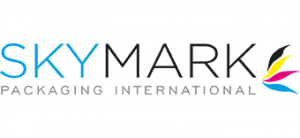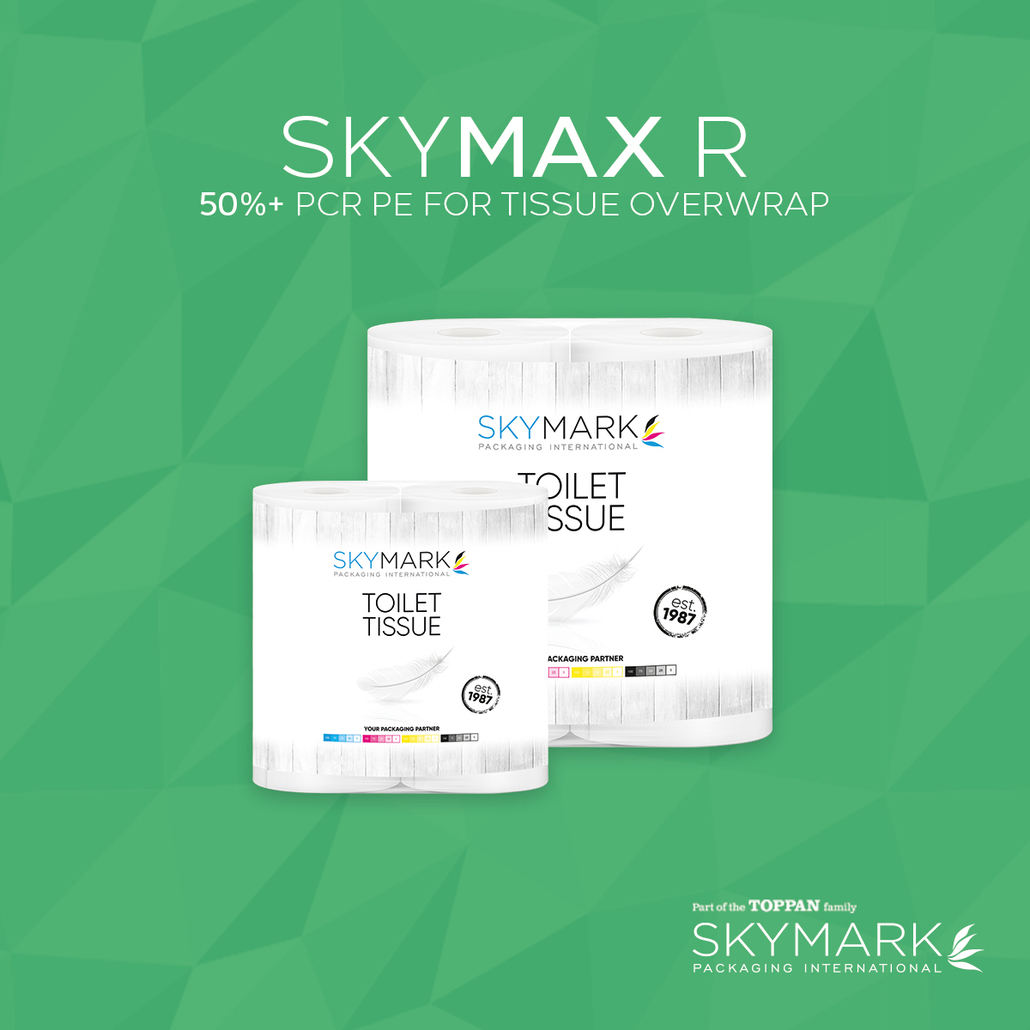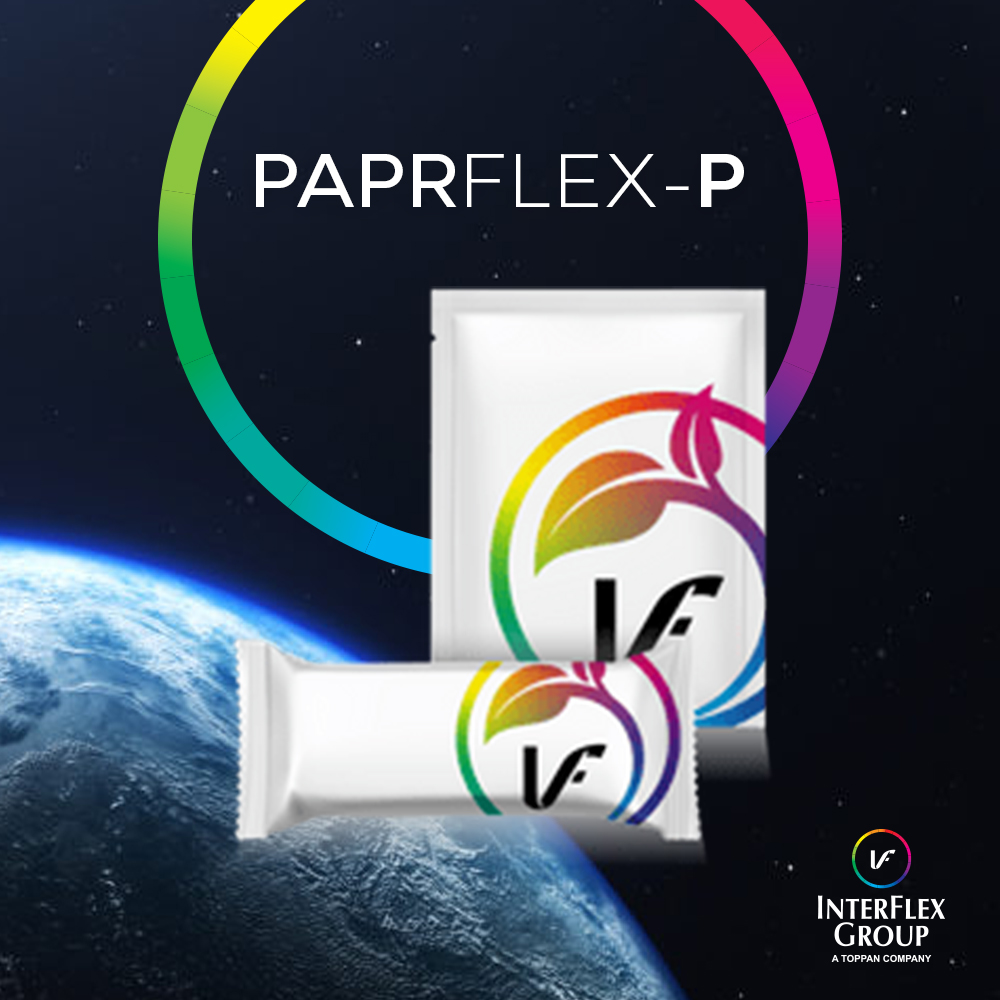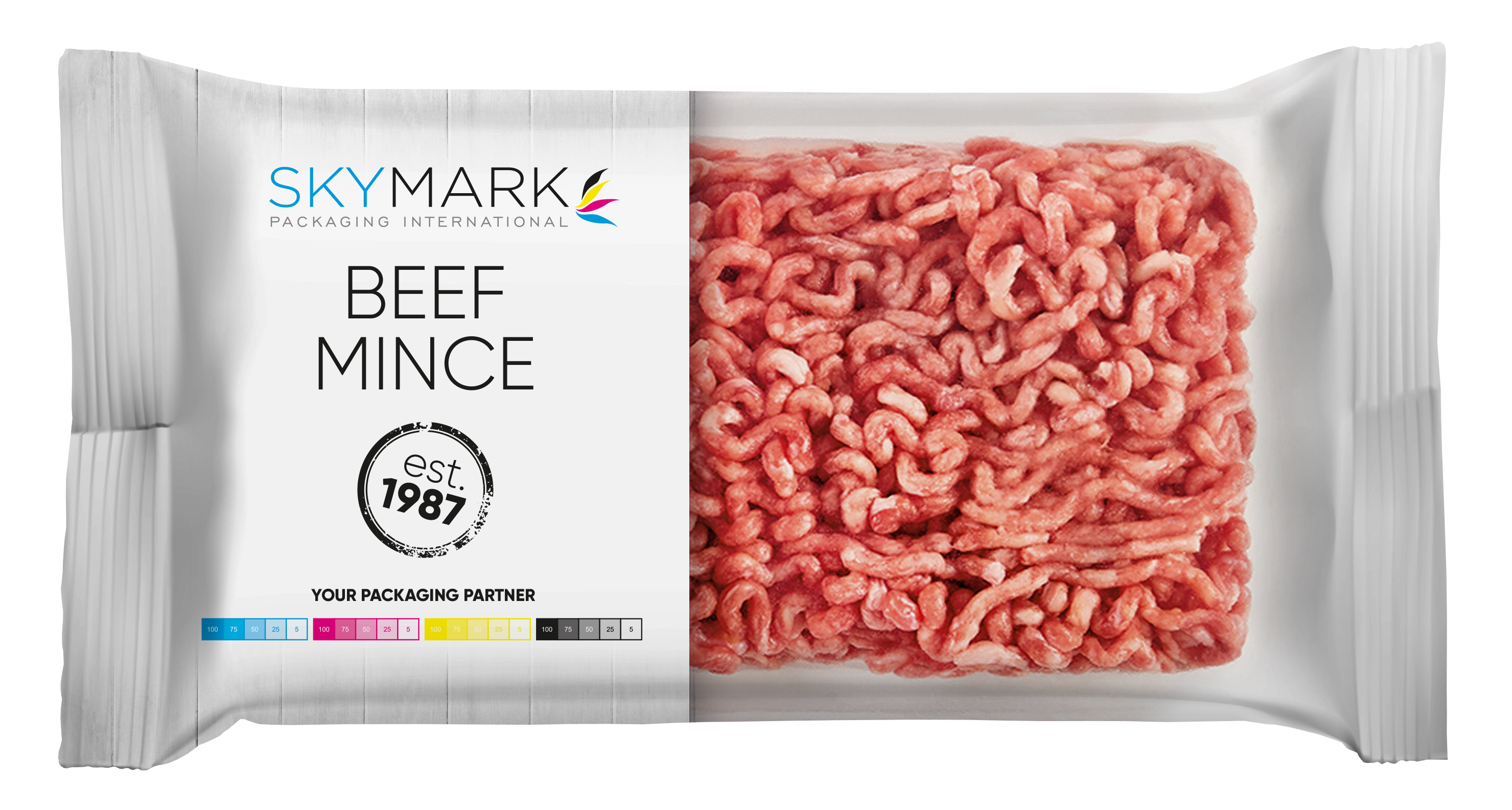Across Skymark & InterFlex UK, sustainability is more than a commitment; it’s the cornerstone of our mission. Our SKYGREEN: Planet Ready Packaging strategy represents our dedication to reducing environmental impact through innovative and eco-friendly packaging solutions. This initiative aligns seamlessly with TOPPAN’s Vision 2050, aiming for a sustainable global environment through digital and sustainable transformation (SX).
Linking TOPPAN’s Vision 2050 and Sustainable Transformation
Toppan’s Vision 2050 sets the ambitious goal of achieving a sustainable global environment by promoting decarbonization, resource circulation, and biodiversity conservation. We are proud to align our efforts with this vision, particularly through our SKYGREEN strategy. By leveraging advanced technologies and sustainable practices, we contribute to Toppan’s broader sustainability objectives, creating packaging solutions that support a circular economy and minimize environmental impact.
Key Elements of Our SKYGREEN Strategy
- Recycled Content – RECYFLEX products incorporate high percentages of post-consumer recycled content, reducing the need for virgin materials and helping to divert waste from landfills. This supports Toppan’s resource circulation goals by promoting the use of recycled materials and reducing our carbon footprint.
- High Recyclability Mono Materials – PUREFLEX products are designed for high recyclability, ensuring they can be efficiently processed through recycling systems. This not only supports environmental sustainability but also meets regulatory requirements and consumer preferences for recyclable packaging.
- Sustainable Paper Solutions – PAPRFLEX offers versatile, paper-based packaging solutions sourced from certified sustainable forests. These products can include barrier coatings for extended shelf life, making them ideal for a wide range of applications. By offering paper solutions, we help reduce plastic use and support biodegradability.
Supporting Pillars of Our Strategy
Vertical Integration We ensure that all our products are manufactured in-house, which allows us to maintain better quality control and efficiency. This approach not only enhances product reliability but also aligns with our commitment to sustainability by optimizing our production processes for minimal environmental impact.
Innovation and Technology Investing in advanced recycling technologies and sustainable production practices is at the heart of our innovation efforts. Our R&D team continually explores new materials and methods to enhance the sustainability of our packaging solutions, ensuring that we stay at the forefront of environmental responsibility.
Community Collaboration Collaboration is key to driving sustainability. We work closely with customers, communities, and partners to promote sustainable practices and achieve positive environmental outcomes. By fostering strong relationships and engaging in open dialogue, we can collectively contribute to a more sustainable future.
Continuous Improvement Sustainability is a continuous journey. We are committed to ongoing innovation and improvement in our sustainability practices. By regularly reviewing and refining our processes, we strive to minimize our environmental impact and maximize resource efficiency.
The SKYGREEN: Planet Ready Packaging strategy is a testament to our commitment to sustainability and innovation. By focusing on recycled content, high recyclability, and sustainable paper solutions, we aim to lead the packaging industry towards a greener future. Our alignment with Toppan’s Vision 2050 underscores our dedication to creating a sustainable global environment through responsible packaging solutions.


 These innovations reflect a commitment to not just comply with regulatory demands but to lead the way in sustainable packaging solutions. Skymark and InterFlex are setting industry benchmarks, demonstrating that environmental responsibility and commercial viability can coexist harmoniously.
These innovations reflect a commitment to not just comply with regulatory demands but to lead the way in sustainable packaging solutions. Skymark and InterFlex are setting industry benchmarks, demonstrating that environmental responsibility and commercial viability can coexist harmoniously. A significant advantage of SKYMONO BVP lies in its reduced packaging weight compared to traditional packaging methods. Transitioning from tray and top lidding to our flow wrap results in considerable material savings. Likewise, a switch from thermoformed base web and top lidding to our flow wrap also yields a significant reduction in packaging weight.
A significant advantage of SKYMONO BVP lies in its reduced packaging weight compared to traditional packaging methods. Transitioning from tray and top lidding to our flow wrap results in considerable material savings. Likewise, a switch from thermoformed base web and top lidding to our flow wrap also yields a significant reduction in packaging weight.



